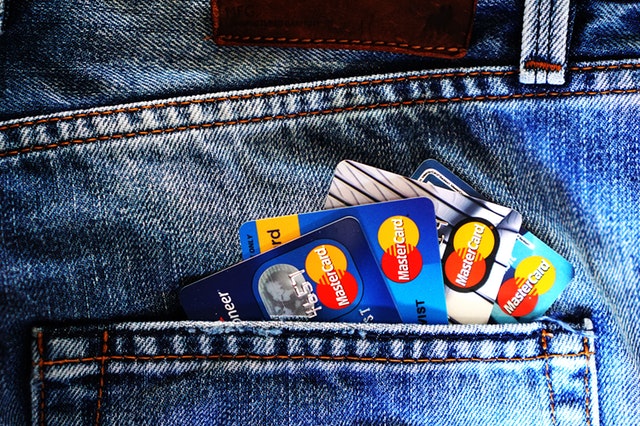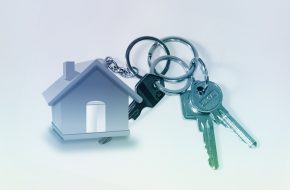There’s a lot of talk about having a sparkling credit score. But what most people don’t realize is the difference between no credit history and a poor credit history and how they affect your credit score. Even a decent credit score can be damaged if credit cards are not used wisely. On the flip side, credit cards can also be used to improve this personal financial number.
You would think that we would have a better system. You build a credit score by something you may not need, pay it off via monthly payments, and pay even more because of the interest rate (well, you may be able to avoid paying any interest). How ridiculous is this? How come credit scores cannot be dependent on school grades, ability to pay utilities on time, education, salary levels, collateral (own a home or a car and so on), criminal history, financial history, and metrics such as this? Well, this is another topic so let’s get back on track.
Using a credit card is a convenience, but it also has a direct effect on your credit score. Credit cards are often known to put people into debt.
When handled wisely, credit cards can also build or rebuild that coveted credit score. Whether you’re a student, a working professional, or a business owner (and your business will improve with tax cuts), the following are some of the ways you can rebuild this pivotal number that in some cases defines who you are with credit cards.
Limit the number of cards
There are a number of credit cards you could have. These include:
- Gas card
- Store card
- Student card
- Charge card
- Prepaid card
People prefer to have separate cards for different purposes. But that could affect your credit score negatively. You could justify having separate cards because of rewards or discounts. But keep in mind that these discounts are not offered without a reason. Companies offering such discounts know that the majority of people do not pay off the balance in full each month, and they make a lot more money in interest than you do in savings.
When you have credit cards, it is often a tempting prospect to spend money that you don’t have, without realizing how your credit score is getting affected and also not understanding interest rates. When you don’t pay off your dues each month, your credit score keeps dipping. Instead of having multiple cards, keep only one or two. Make sure to choose cards that have low fees and penalties.
Make full payments on time
Your credit score reflects your history of borrowing money and paying it back on time. A fantastic credit score means you have a record of making on-time repayments. If you have never had to borrow money, you have no credit score. That’s as bad as having a negative credit score unless you have the ability and patience to save up your money and buy things with cash which some people do but most Americans do not. Even if you don’t need a loan, you can start putting regular expenses on a credit card to help you establish credit without going into debt.
When you pay off your credit card bill in full each month on time, the card issuer reports the payments to the credit bureaus. This way you establish a record of making timely repayments and improve that magical financial number. Besides, when you make payments in full, you don’t have to pay any interest.
Limit your spending
The problem with credit cards is that money doesn’t go out of your bank account when you make purchases. It’s only when you pay your credit card bill that your account is debited. This is the biggest reason why it is easy to lose track of your spending and end up in debt.
To curb your spending, restrict your credit limit. This can be done by calling up your bank and asking to your credit limit to not be increased after a certain point. For instance, keeping your limit at $500 is a wise place to start. The less you spend, the easier it will be to pay off the bill.
Keep your used credit low
Another important factor to consider is keeping the amount of your used credit low. Using up a large portion or all of your available credit will make your credit score dip. When there is any credit card balance for a few months, make sure to use within thirty percent of your available limit. If it goes any higher than this your credit score will drop significantly.
Look for the right cards
When you have a poor or no credit score, it is difficult to get approved for a new credit card. Instead of going after just any credit card, look for the ones specifically made for people with low or bad credit. Some of the cards designed for people with bad credit are:
- Capital One® Secured MasterCard®
- Credit One Bank® Cash Back Rewards
- First PREMIER® Bank MasterCard® Credit Card
- Total VISA® Unsecured Credit Card
- Credit One Bank® Platinum Visa® Credit Card
Although these cards do not have exciting offers or perks, they are a sagacious place to start. You can always apply for other cards when your credit score improves. It is easier to get approved for credit cards when you have an average to good credit score.
Credit cards are the salient avenue to take to build your credit score when handled responsibly. However, if you have a history of credit card debt, then it isn’t advisable to rebuild your credit score with the help from plastic. In such a case, other methods to rebuild your credit score should be used.




